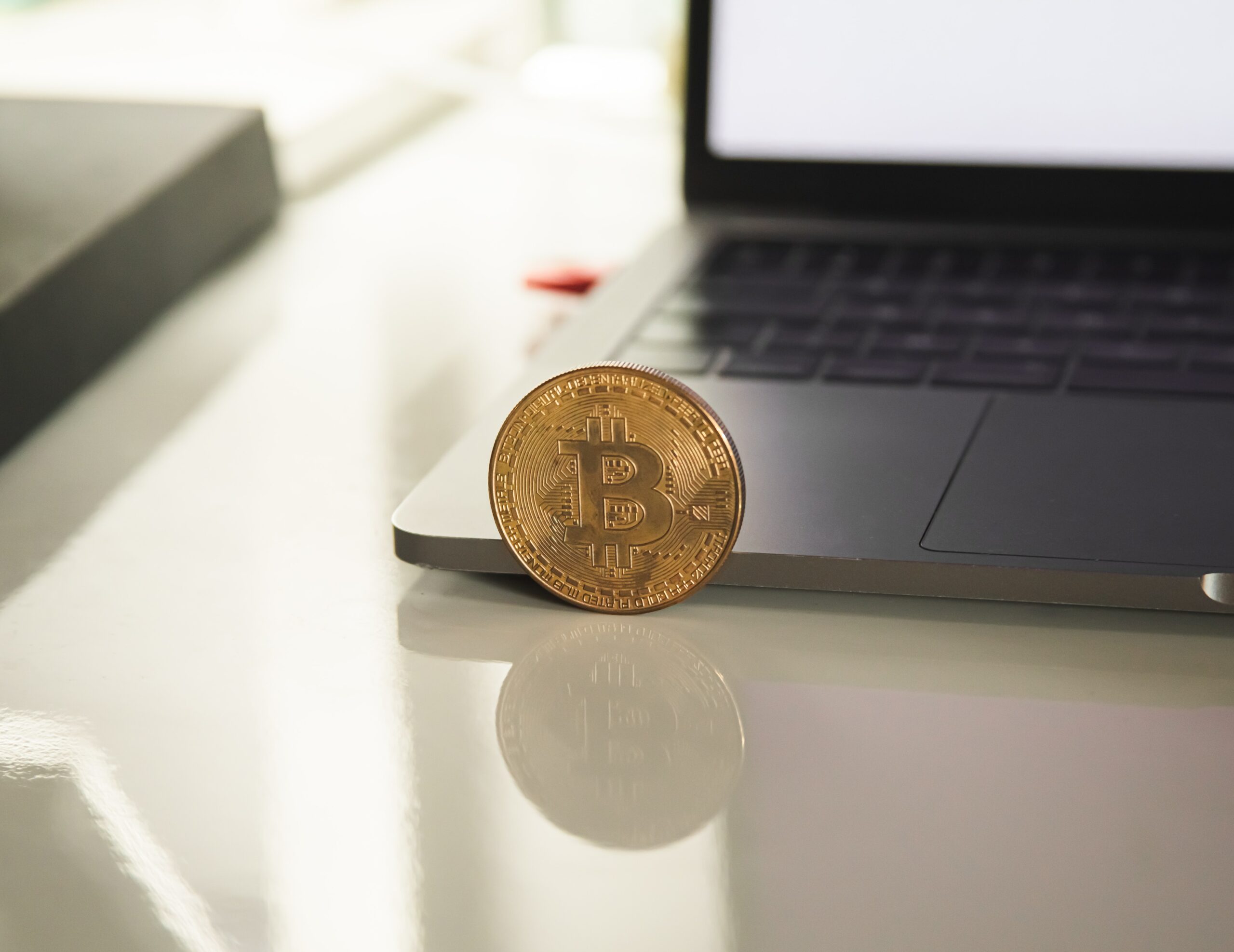It might seem like a no-brainer, but fintech Klarna didn't offer it. Instant payment has just arrived at the split payment specialist from Sweden. Valued at more than 45 billion dollars (much more than many banks), it has exceeded one million users in France, the company wrote on Tuesday February 22 in a press release. However, it has not yet been a year since it took over the premises against its competitor Alma.
Instant payment was already available with our Italian, Belgian, Spanish and German neighbours. On the occasion of its arrival in France, the functionality is accompanied by a new rewards program thanks to which users will be able to earn points and use them in reduction vouchers at partner brands. They are numerous in France, Europe and the United States. H&M, Zalando, Foot Locker, Nike or even Sephora, to name only the biggest.
Of Klarna's 250,000 partners, there are several French start-ups that are determined to take advantage of the fintech payment experience to enhance customer journeys. Klarna has, for example, the nuggets Spartoo and Vestiaire Collective. Lacoste or even ba&sh are also present. For these companies, the possibility of giving the customer a three-payment option, free of charge: the heart of Klarna's business model.
Read also – Worldline, Ingenico: end of French leadership in payment
Instant payment: why do customers go through Klarna?
What will the new instant, one-time payment service called “Pay Now” be used for? Of course, the value of Klarna lies in its split payment. But to retain users and increase the number of transactions, the Swedish fintech needed to offer all possible solutions.
With a secure interface, users will find it the same interest as going through a service like PayPal. In other words, you no longer need to enter your bank details for each online payment, but only the identifiers of your Klarna account. The service is offered on the sites of the various merchants, when proceeding to payment.
In the United States and Canada, where the company also offers its services, it has partnered with Stripe so that it does not have to make requests to manage the payment infrastructure. In France, fintech works directly with the issuers of the cards provided by users. Online shops and merchants choose to become partners because Klarna communicates a lot about increasing the average customer basket with its tools.
In the future, we expect other features already available elsewhere to roll out to us. On the program in particular, the payment service in physical stores. An addition that involves the creation, on customers' smartphones, of a virtual payment card, to be used in the form of a mobile payment with Apple Pay, for example.



